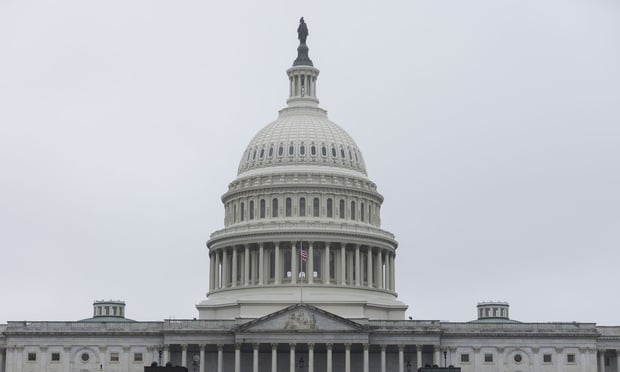Senate official cripples $250B in health program cuts in 'Big Beautiful' tax package
By Allison BellOne open question is what this means for the health savings account sections that were in the House version.
Trending Stories
Benefits & Health Care
Recommended For You
Recent Stories
Regulation & Compliance
Our Writers
2025 BenefitsPRO Advisor of the Year: Meet the finalists
The 2025 Advisor of the Year will be announced at the BenefitsPRO Broker Expo, May 6-8, 2025 in Boston, MA.
BrowseMore Coverage


Live Coverage
Featured Event
GlobeSt. ELITE Women of Influence (WOI) 2025
GlobeSt. Women of Influence Conference celebrates the women who drive the commercial real estate industry forward.























